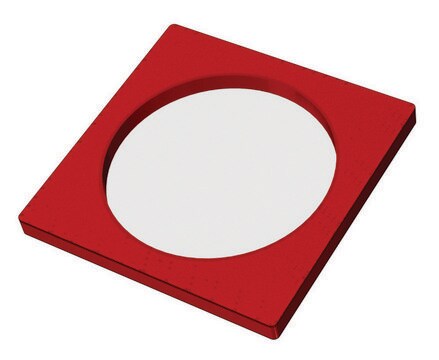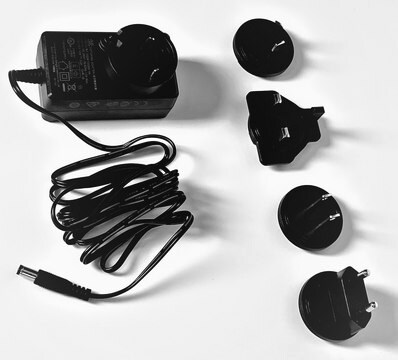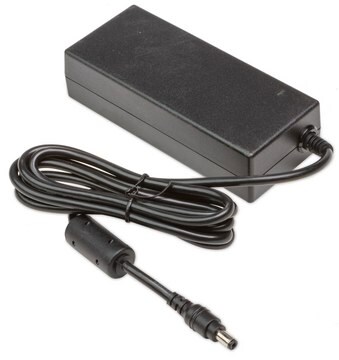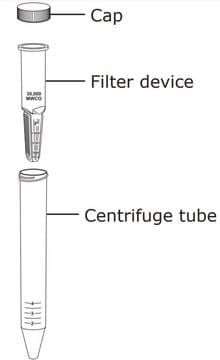TGP 54
94022430, mouse pancreas, Not specified
Größe auswählen
Größe auswählen
About This Item
Empfohlene Produkte
Produktbezeichnung
TGP 54, 94022430
Biologische Quelle
mouse pancreas
Wachstumsmodus
Adherent
Karyotyp
Not specified
Morphologie
Not specified
Produkte
Somatostatin
Rezeptoren
Not specified
Methode(n)
cell culture | mammalian: suitable
Relevante Krankheit(en)
cancer
Versandbedingung
dry ice
Ursprung der Zelllinie
Beschreibung der Zelllinie
Anwendung
Nährmedium
Subkultur-Routine
Sonstige Hinweise
Hier finden Sie alle aktuellen Versionen:
Analysenzertifikate (COA)
It looks like we've run into a problem, but you can still download Certificates of Analysis from our Dokumente section.
Wenn Sie Hilfe benötigen, wenden Sie sich bitte an Kundensupport
Besitzen Sie dieses Produkt bereits?
In der Dokumentenbibliothek finden Sie die Dokumentation zu den Produkten, die Sie kürzlich erworben haben.
Verwandter Inhalt
We offer more than twenty ECACC pancreatic cancer cell lines of human, rat, or mouse origin, including PANC-1. Choose cells based on mutations in KRAS, TP53, SMAD4, and other key genes, or by demonstrated suitability for applications such as toxicity, xenograft models, and drug response studies.
Unser Team von Wissenschaftlern verfügt über Erfahrung in allen Forschungsbereichen einschließlich Life Science, Materialwissenschaften, chemischer Synthese, Chromatographie, Analytik und vielen mehr..
Setzen Sie sich mit dem technischen Dienst in Verbindung.






